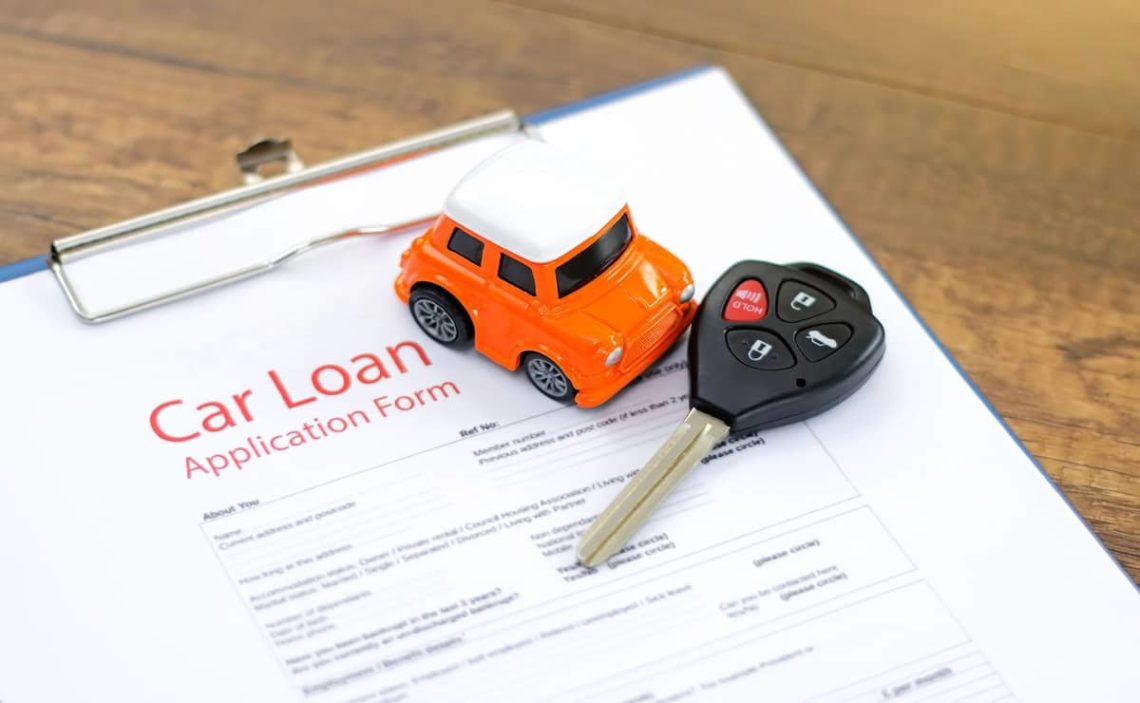After buying a car and taking out a loan, you can start considering how to refinance it to reduce the interest rate. The truth is that you can refinance the loan as soon as you find a new lender.
It would help if you shopped around. Some lenders will not refinance car loans in less than six months after applying. Furthermore, you can’t get the refinance until you get the car title from the manufacturer or previous owner.
When would be the ideal time to refinance the auto loan?
You can do so as soon as you get the car title and contact a lender willing to refinance your loan. However, sometimes it may be better to wait a certain time.
Between 60 and 90 days after you get the loan
You will almost always need two to three months for the manufacturer or previous owner to transfer your vehicle title to the lender. Most lenders will deny the possibility of a refinance without this document.
Don’t worry; the waiting time can be perfect for pre-qualifying with more than one refinance lender and getting better interest rates.
Waiting is ideal because it is common for your credit score to drop a bit in the first few months. Therefore, interest rates with new loans will be higher.
Six months after the vehicle loan
Waiting six months would be ideal. It will help you improve your credit score significantly because it will not have any temporary drop. The mission of refinancing is to have a lower interest rate and monthly payment.
Moreover, if you have had credit problems, you should wait at least a year to apply for a new refinance. Many lenders require six to twelve months of on-time payments before considering your application.
Is it wise to refinance?
No matter when you decide to refinance, you should consider all possibilities and take the time to apply to different lenders to get the best offers.
It would help if you compare your current loan with the refinancing offers; that way, you can decide which one will be the most beneficial. Refinancing is usually recommended when:
- There has been a drop in auto loan interest rates since you obtained your loan.
- Your credit score has increased since you got your loan.
- You have a higher speed loan at one dealership than you would qualify for with a different lender.
- Refinancing your auto loan can reduce your payment if you have trouble making monthly payments due to various circumstances.
When should you run away from refinancing your loan?
If you notice that the interest rates have increased, it is not an adequate alternative to apply for refinancing. On the other hand, if you plan to make a major purchase in the upcoming months, you should avoid using it for a refinance.
It is also not recommended when the loan exceeds the car’s value; that would not make sense. Avoid refinancing if you are behind on your payments. If you apply at that time, you may not qualify.
Refinancing is a good option for many borrowers, but they should do all the necessary research to ensure they can meet their payments.


